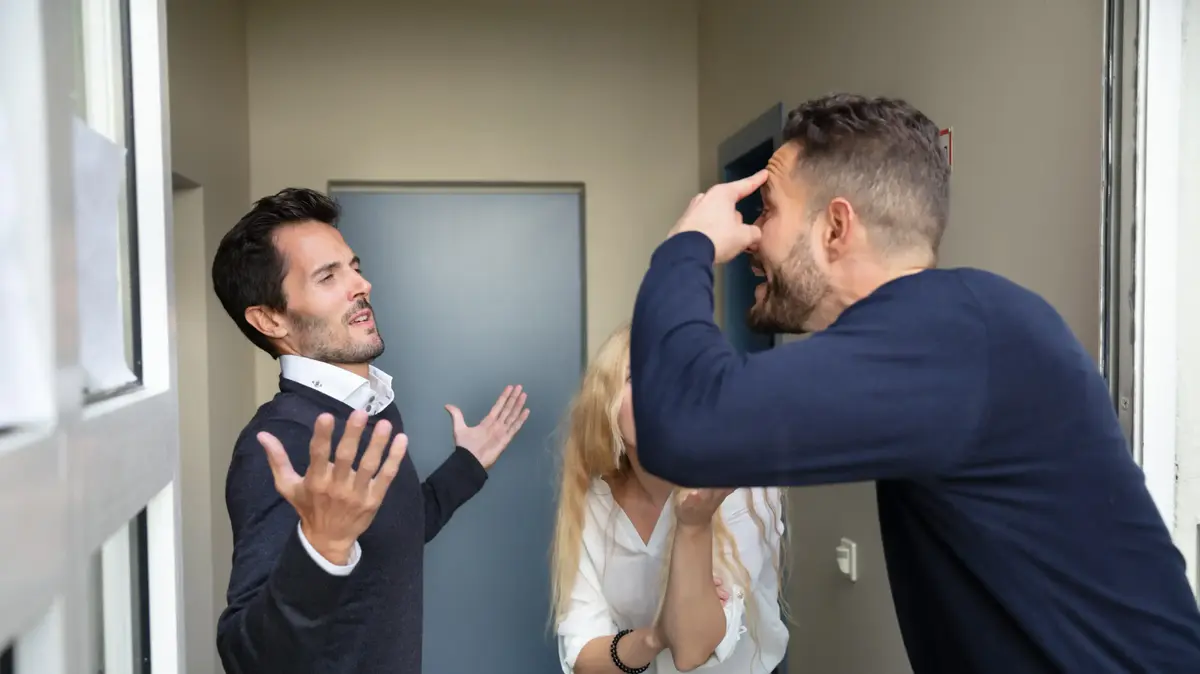The Germans seem to have passed the first real endurance test. According to the police, they adhere to the Corona requirements despite the most beautiful spring weather. Does the federal government see it similarly? Today it too should take stock.
Berlin (dpa) - The Corona crisis cabinet today probably wants to advise on problems with the procurement of protective material and help for companies. Bottlenecks exist in Germany, especially in protective clothing and breathing masks.
To a large extent they have to be procured on the world market, where there is enormous competition. The Prime Ministers of Bavaria and Mecklenburg-West Pomerania, Markus Söder (CSU) and Manuela Schwesig (SPD), have spoken out in favor of production sites in Germany.
Vice Chancellor Olaf Scholz (SPD) announced first government decisions. "The commitments that we now have to make are simple and clear and expensive, but correct," he said on the ARD program "Anne Will". For example, companies would need commitments to purchase products in the longer term.
The German Red Cross (DRK) particularly denounced an insufficient supply of protective materials in nursing homes and outpatient care services. "The situation is very, very tense. If we are not careful, the hospitals will have to admit many patients from nursing homes for treatment against the coronavirus in the next few weeks," DRK President Gerda Hasselfeldt told the newspapers of the Funke media group. The supply of protective material to disinfectants in the nursing homes and in the outpatient care services is "completely insufficient".
The topic of loan assistance for medium-sized companies could also be called up in the crisis cabinet. There is talk of securing loans for medium-sized companies for a limited time with 100 percent state liability. The maximum limit could be 500,000 euros per company. The state could provide guarantees of up to 300 billion euros.
The Germans had to pass the first real endurance test at home on the weekend. The police were largely satisfied, however, because on the first real spring weekend, people adhered to the conditions that are supposed to slow the spread of the corona virus with sun and warmth.
In Germany there are currently extensive contact blocks for citizens. In addition, restaurants, theaters, cinemas, playgrounds and many shops are closed. The crisis cabinet should also take stock of citizens' behavior over the weekend. Because: The virus continues to spread. At the beginning of the week, the mark of 100,000 registered infections is likely to be reached.
DEBATE ABOUT THE EXTENSION OF BORDER CONTROLS
As the virus spreads further, the Crisis Cabinet on Monday may also consider expanding controls at the borders and a possible quarantine requirement for all arriving air travelers. The FDP rejected considerations for stricter border controls. "Tightening border controls is the wrong way to go," said Stephan Thomae, deputy chairman of the FDP parliamentary group in the German press agency in Berlin. "The virus does not stop at the borders, but hinders the important movement of goods and ensures kilometers of traffic jams at the borders."
"On the other hand, it would be better to carry out quick corona tests at the airports. If the test results are positive, the appropriate measures can then be initiated," said Thomae. In addition, travelers should be made aware of the avoidance of unnecessary contacts and the ban on contact. "That would be efficient and at the same time milder means to slow the spread of the virus. The Federal Government must provide the necessary personnel and material resources for this."
DEBATE ABOUT CORONA BONDS
The EU Commission is meanwhile increasing the pressure on the federal government to agree on so-called corona bonds as a means against the economic consequences of the pandemic. In a contribution for the "Frankfurter Allgemeine Zeitung" (Monday), Internal Market Commissioner Thierry Breton and Economic Commissioner Paolo Gentiloni called for solidarity and to set up a tax-financed fund that issues long-term bonds - ie corona bonds.
However, the commissioners emphasized that this fund should only be used for economic development after the crisis. Commission President Ursula von der Leyen had called for a European Marshall Plan for this, which is based on the EU budget 2021 to 2027.
The Frenchman Breton and the Italian Gentiloni understand their idea as a complement to von der Leyens idea. Given the sums involved, the EU needed a fourth pillar, alongside funds from the ESM, the European Investment Bank, and the EU Sure short-time initiative, they wrote. "Time is running out. We have to be creative."
Finance Minister Olaf Scholz and Foreign Minister Heiko Maas (both SPD) again spoke out for joint European aid measures. In a joint guest contribution for several European newspapers (Monday), they counted the ESM, the EIB and the "Sure" program as instruments. However, they did not list corona bonds; the federal government has so far rejected them.
PENSION PAYMENT SECURED FIRST
Meanwhile, the President of the German Pension Insurance, Gundula Roßbach, assumes no financial disadvantages for the pensioners due to a drop in premium income. "At the moment I expect the minus to be manageable," said Roßbach to the "Tagesspiegel". The Federal Employment Agency continues to pay contributions to pension insurance, even if people are on short-time work or become unemployed. A precise assessment of this is currently very difficult. She emphasized that with a sustainability reserve of around 40 billion euros, pension insurance is going into the crisis with good financial resources. "The payment of pensions is secured."
Rossbach assured that pensions would not be reduced in the summer of 2021. This is stipulated by law. "So there cannot be minus rounds." The extent to which pensions would rise would depend on the development of gross wages this year. "At the moment, we cannot reliably predict how things will go." That depends on how long the crisis lasts, how long companies send their employees on short-time work, how long people are unemployed and how the collective bargaining developed.









